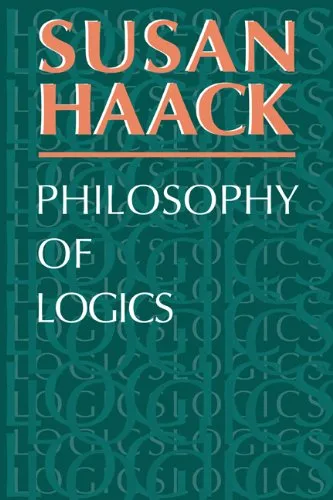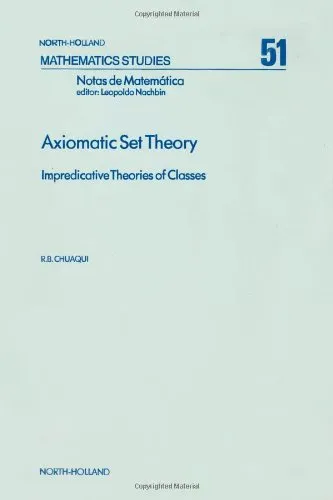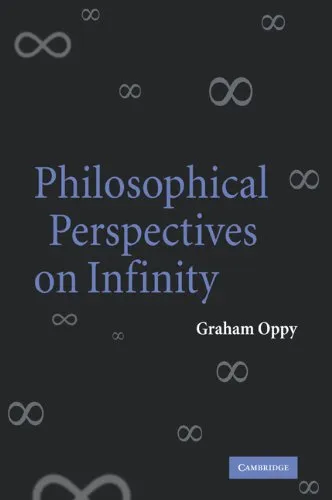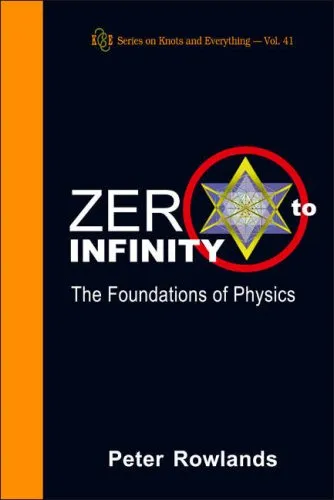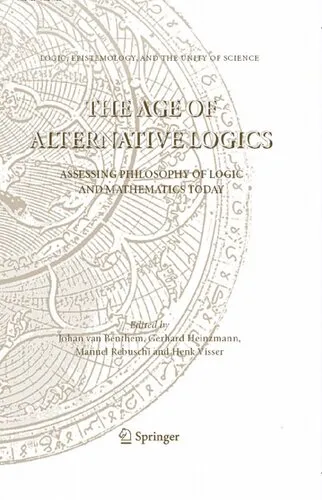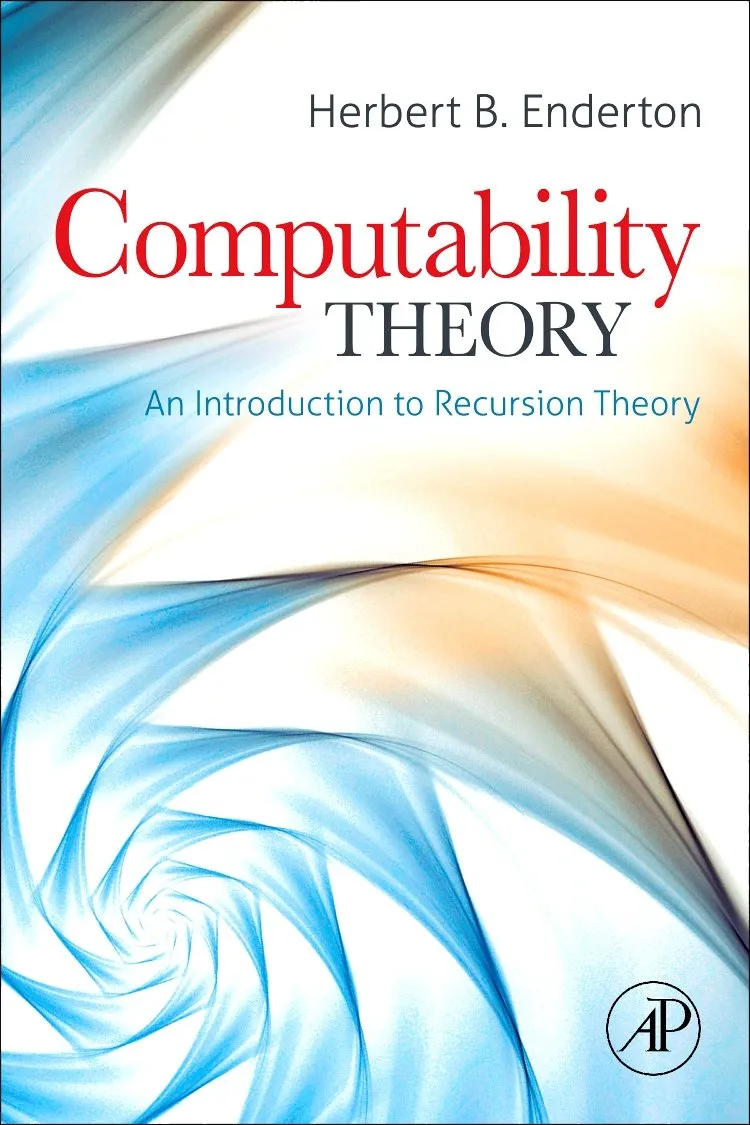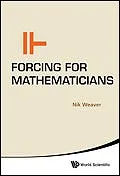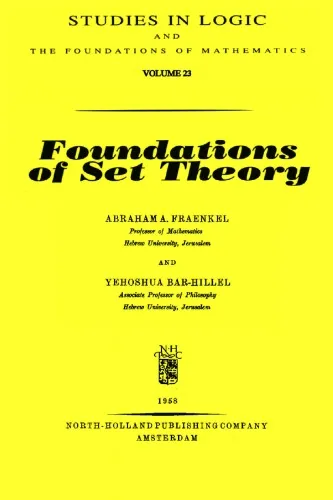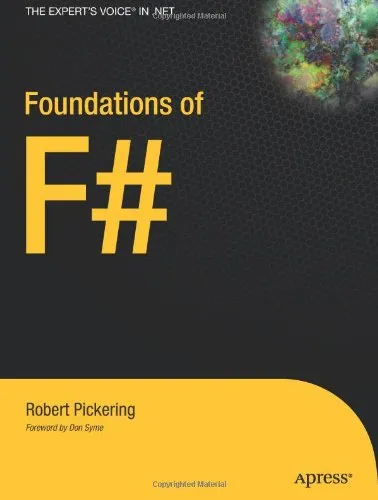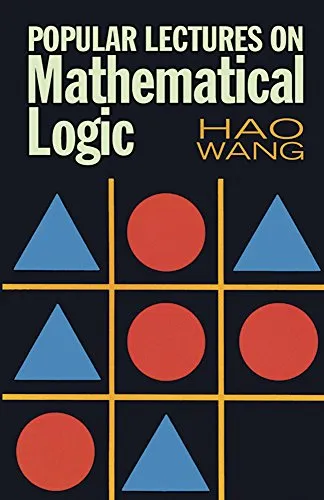Philosophy of Logics
4.5
Reviews from our users

You Can Ask your questions from this book's AI after Login
Each download or ask from book AI costs 2 points. To earn more free points, please visit the Points Guide Page and complete some valuable actions.Related Refrences:
Introduction to "Philosophy of Logics"
"Philosophy of Logics" by Susan Haack explores the profound and intricate landscape of logic and its philosophical underpinnings. This influential text serves as a comprehensive guide for students, academics, and anyone interested in understanding the complex interplay between logical systems and philosophical queries.
Detailed Summary of the Book
The book meticulously unpacks the nature of logic, starting with basic principles and gradually advancing to more complex topics. Susan Haack begins by addressing the fundamental questions: What is logic? How do logics work? She posits that, far from being monolithic, logics are pluralistic and vary widely across different philosophical traditions.
The early chapters lay the groundwork by discussing classical logic, its syntax, semantics, and significance. Moving beyond tradition, Haack ventures into non-classical logics, providing insights into modal, intuitionistic, and relevance logics. Each form is examined not just structurally but also through its philosophical implications. Haack meticulously contrasts these systems, highlighting their strengths and limitations with clarity and precision.
The book further explores the nature of logical truths, dissecting the philosophical debates surrounding truth's definition and its role in logical systems. Haack's treatment of these topics balances technical rigor with accessible language, making complex ideas approachable and engaging.
Key Takeaways
- Logic is inherently pluralistic, encompassing a variety of forms and interpretations.
- Understanding different logics requires examining their philosophical foundations and implications.
- Classical logic, while foundational, is not exhaustive of logical reasoning.
- Non-classical logics, such as modal and intuitionistic logics, offer valuable perspectives on philosophical problems.
- The relationship between logical syntax, semantics, and philosophical inquiry is deeply interconnected.
Famous Quotes from the Book
"Logic is neither a purely formal nor a purely empirical science; it, instead, occupies a unique intersection of rules, interpretation, and meaning."
"The diversity of logics is a testament to the richness of human thought and its capacity for adaptation and transformation."
Why This Book Matters
"Philosophy of Logics" is an essential read for anyone delving into philosophical logic. Susan Haack provides a robust framework for understanding not just the technical mechanisms of logic but also its broader philosophical significance. Her ability to weave together detailed logical analysis with deep philosophical insight distinguishes this work as a vital resource in the field.
The book encourages critical thinking and challenges readers to reconsider prevailing assumptions about logic. It inspires an appreciation for the depth and complexity of logical systems and emphasizes the indispensable role of philosophical inquiry in the study of logic. Haack's contribution is a testament to the enduring relevance of logical studies in contemporary philosophy.
Through "Philosophy of Logics," readers gain not only a greater understanding of logic itself but also a broader appreciation for the philosophical questions that continue to shape our understanding of the world.
Free Direct Download
You Can Download this book after Login
Accessing books through legal platforms and public libraries not only supports the rights of authors and publishers but also contributes to the sustainability of reading culture. Before downloading, please take a moment to consider these options.
Find this book on other platforms:
WorldCat helps you find books in libraries worldwide.
See ratings, reviews, and discussions on Goodreads.
Find and buy rare or used books on AbeBooks.
1577
بازدید4.5
امتیاز0
نظر98%
رضایتReviews:
4.5
Based on 0 users review
Questions & Answers
Ask questions about this book or help others by answering
No questions yet. Be the first to ask!
